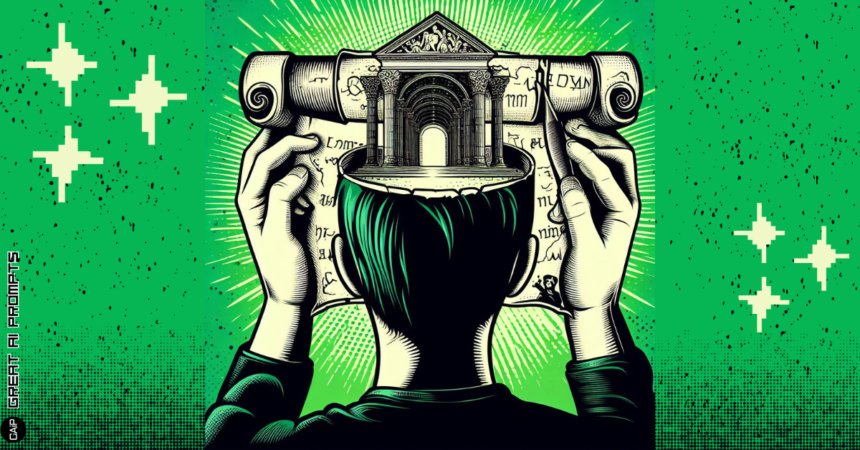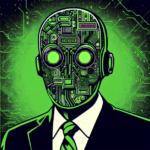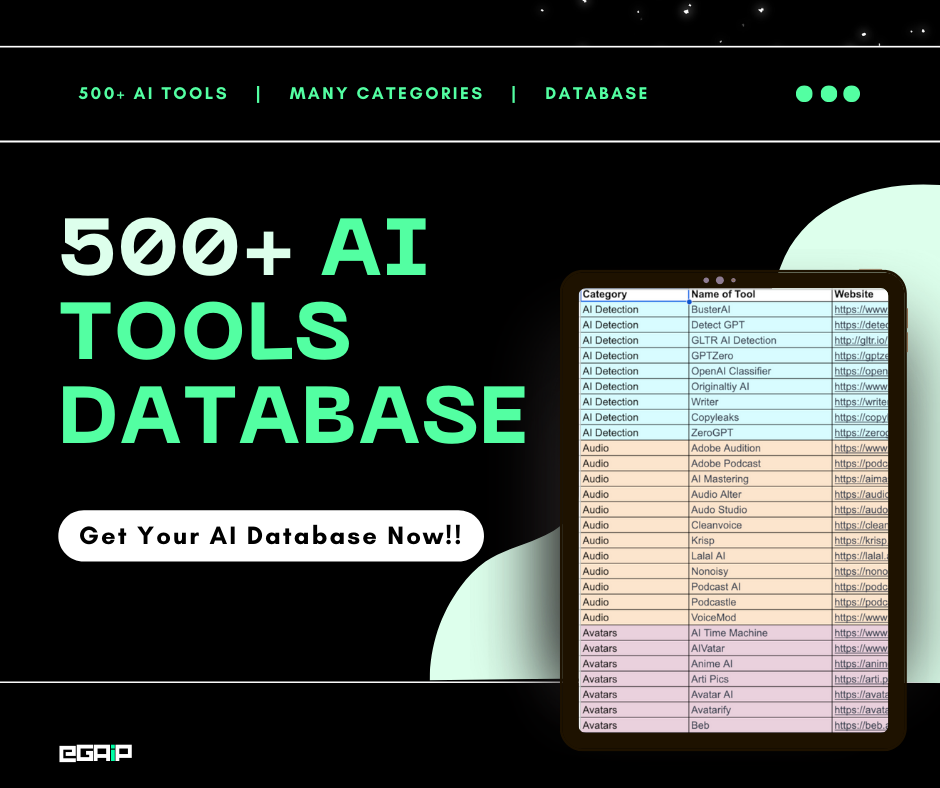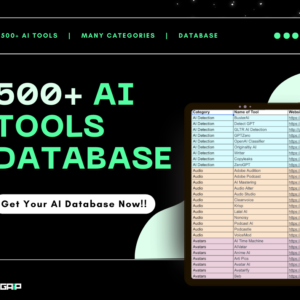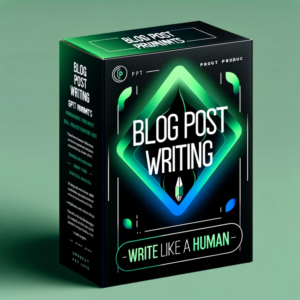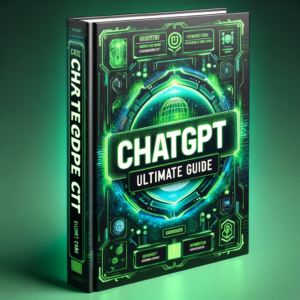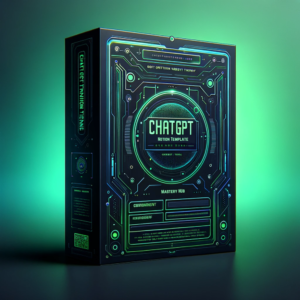- Luke Farritor uses machine-learning to decode the word "purple" from a burnt scroll in Herculaneum.
- The Vesuvius Challenge offers various awards for decoding ancient texts, with a grand prize of $700,000.
- The breakthrough opens the door for reading hundreds of currently unreadable ancient texts.
October 18, 2023: Luke Farritor, a 21-year-old computer science student at the University of Nebraska–Lincoln, has made a groundbreaking discovery by reading the first-ever text from a burnt scroll found in the ancient city of Herculaneum.
The text had been hidden since the volcanic eruption of Mount Vesuvius in AD 79.
This breakthrough could open the doors to understanding hundreds of ancient texts that are currently unreadable.
Farritor created a machine-learning algorithm to spot Greek letters in the charred and rolled-up papyri.
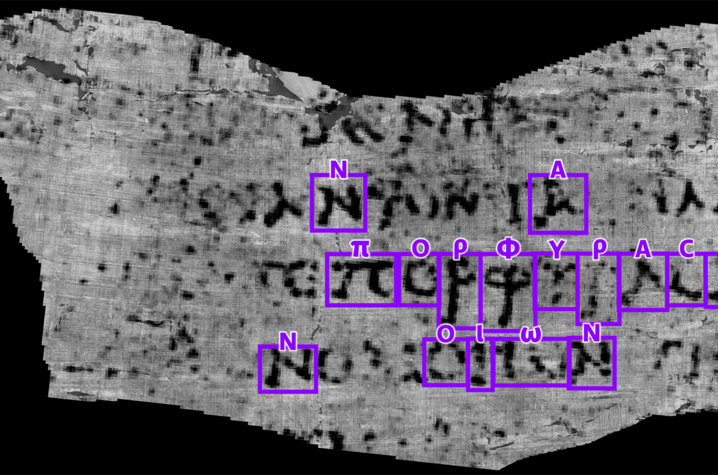
He used small changes in the scroll’s surface to train the algorithm to find the ink and decode the word “porphyras,” which means ‘purple’ in Greek.
Federica Nicolardi, a papyrologist at the University of Naples, called the finding a “dream” as it enables scholars to actually see what’s inside the scroll for the first time.
This is part of a bigger project called the Vesuvius Challenge, which aims to decode text from ancient scrolls buried by Mount Vesuvius.
The competition offers various awards and Farritor won the ‘first letters’ prize of $40,000 for his achievement. Youssef Nader, another scholar, was awarded $10,000 for coming in second place.
The scrolls have been a mystery since they were discovered in the 18th century.
Historians believe that reading them could revolutionize our understanding of ancient history.
More than 600 scrolls remain intact but unopened in the National Library in Naples, and even more could still be found in yet-to-be-excavated areas.
Brent Seales, who started the Vesuvius Challenge, and his team had been working on methods to “virtually unwrap” the scrolls using X-ray CT scans. Unlike older techniques, these scans can show tiny changes in texture to identify ink on the papyrus.
Farritor got involved in the challenge early and used this new technique to achieve his groundbreaking discovery.
This effort is part of a growing trend where AI is used to study ancient texts. For example, an AI tool named Ithaca helps researchers date and identify ancient Greek inscriptions.
Seales is optimistic that machine learning can help unveil what he calls the “invisible library” of texts that are physically there but currently unreadable.
The Vesuvius Challenge is ongoing, with a grand prize deadline of December 31.
Farritor has already applied his models to other segments of the scrolls and continues to identify more characters.


